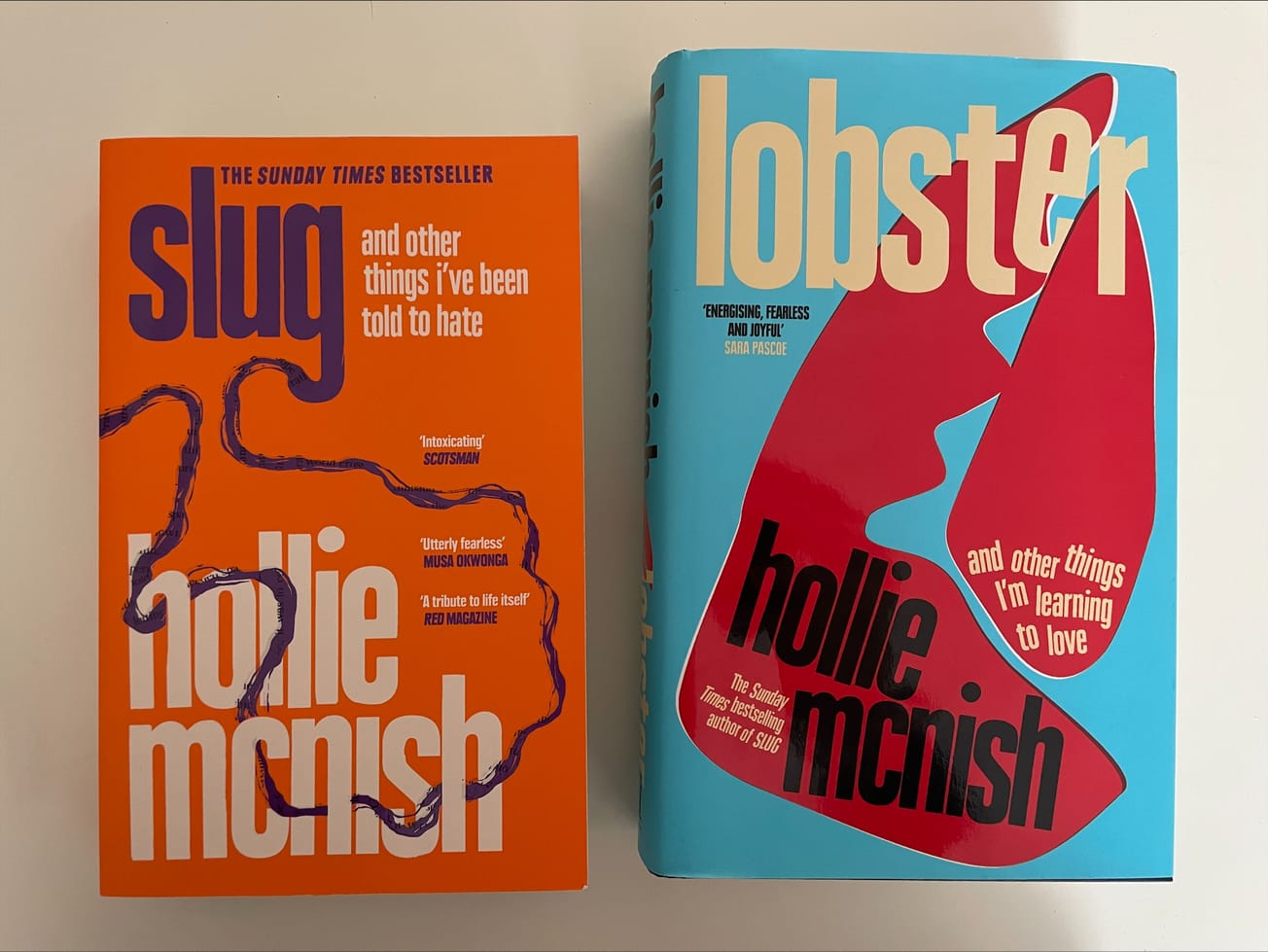Ella Gryf-Lowczowska gives her thoughts on the South West Silents' nostalgic November Club Screening.
If you can watch a snippet of black and white film and not feel a warm, fuzzy feeling of nostalgia, then this article is probably not for you. If, however, you have ever found yourself seduced by the inaccessibility of the past, then you need to know about South West Silents.
The act of screening a silent film is an art in itself. Play the film too fast, with the wrong lighting or accompanied by a mismatched score, and the audience will struggle to understand the nature of the film as a whole - that gem of cinematic history will pass them by. South West Silents have years of experience in programming silent films, plus connections with film archives and accompanists from across the globe. These factors ensured that their November 15th screening of Asphalt shown in the top-floor room of a pub tucked away behind the SU – was remarkable.
'the act of screening a silent film is an art in itself'
Asphalt, released in 1929 and directed by Joe May (Joseph Otto Mandel), is arguably the most iconic film to have emerged from the classic Weimar period of German cinema. According to Jonny Best, the accompanying pianist and director of the Yorkshire Silent Film Festival, it is 'the most Weimary of all the Weimar films’.
Tonight @swsilents with live improvised piano accompaniment by @JonnnyBest #silentfilm #livemusic pic.twitter.com/3mhL5mFe4b
— Pete Clasby (@nicholsonclasby) November 15, 2017
The democratic Weimar government enabled film to emerge as a socially significant art form, both despite and because of economic, political, and civil crises. The Republic saw a radical break from the traditions that used to constrain artistic expression, and was fertile ground for the immense cultural renaissance that flourished in Germany in the 1920s. During severe hyperinflation, clubs and bars were full of speculators who spent their daily profits so they would not lose value the following day.
'the most Weimary of all the Weimar films’
The Weimar Republic was renowned for its decadence. Modern young women were 'Americanised'- they wore makeup, short hair and smoked, all in pursuit of the “cult” of Josephine Baker. Berlin intellectuals responded to this excess of capitalism by drawing inspiration from the brief cultural explosion that had occurred in the Soviet Union, to bring about revolutionary changes on the cultural scene.
Germany entered a phase of great creativity, with cabaret and jazz becoming especially popular for the first time. Excessive capitalism in such an impoverished country bred Berlin’s criminal underworld, where rich and poor alike struggled through radical uncertainty. It is this immorality, bred from insecurity, that Asphalt addresses.
'modern young women were 'Americanised'- they wore makeup, short hair and smoked, all in pursuit of the “cult” of Josephine Baker'
Betty Amann plays Else, a hustling femme fatale who steals diamonds and seduces the wide-eyed constable Albert (Gustav Frohlich) with her dark charcoaled eyes and lustrous lashes. On the black-and-white film, the white iridescence which so stunningly emanates from her costume forces us to disregard every other character. We immediately experience the power of Else’s female persuasion, during the close-ups between the almost possessed jeweller and the seductive thief.
1 week until our Pandora's Box (1929) event @CUBECINEMA with @PamHutch & @silentsweeney; advanced tickets have now sold out! There will be a few available on the door on the night. Please get there early to be in with a chance to see this incredible film: https://t.co/LYIqXNqHLE pic.twitter.com/cwmr3MNsVO
— South West Silents (@SWSilents) November 17, 2017
Else is of the old order- the horrors of the Great War have obliterated the hierarchy and privilege that previously reigned in Germany, and she has become a once-upon-a-time rich girl, enmeshed in the Berlin underworld. She lies to Albert, professing that the fantastic ball gowns, fur coats, feather cushions and other luxuries in her apartment are to be taken from her as recompense for the rent she cannot pay – hence why she needed to steal the diamonds.
'she has become a once-upon-a-time rich girl, enmeshed in the Berlin underworld'
Albert is a lowly man of humble origins, with a steadfast allegiance to the law and to his Christian parents- that is, until his duty to arrest Else conflicts with the passion she elicits in him. Albert very clearly wears his heart on his sleeve, whereas Else displays nothing more than her stolen treasures- yet even the diamonds that shroud Else’s body cannot mask her rotten morality.
By the end of Asphalt, Albert has 'fallen' and Else has been uplifted. The closing scene contrasts dramatically with the rest of the film; stripped of all of her earlier extravagance, Else is dressed in plain black from head to toe. This ironic inversion of the colours traditionally associated with purity and with malice is meant to expose the false pretences of the old elite, who squandered what wealth they had left on cabaret, because they could not adjust to the new democratic republic.
'even the diamonds that shroud Else’s body cannot mask her rotten morality'
South West Silents will certainly go out with a bang. Their final screening of the year has already sold out: on 24th November, the epic Pandora’s Box will be screened on 35mm (on loan from the BFI Archives), with live accompaniment in Bristol’s Cube Cinema.
(Featured image: Unsplash / Markus Spiske)
Are you a silent film fan or foe? Let us know in the comments below or on social media.









